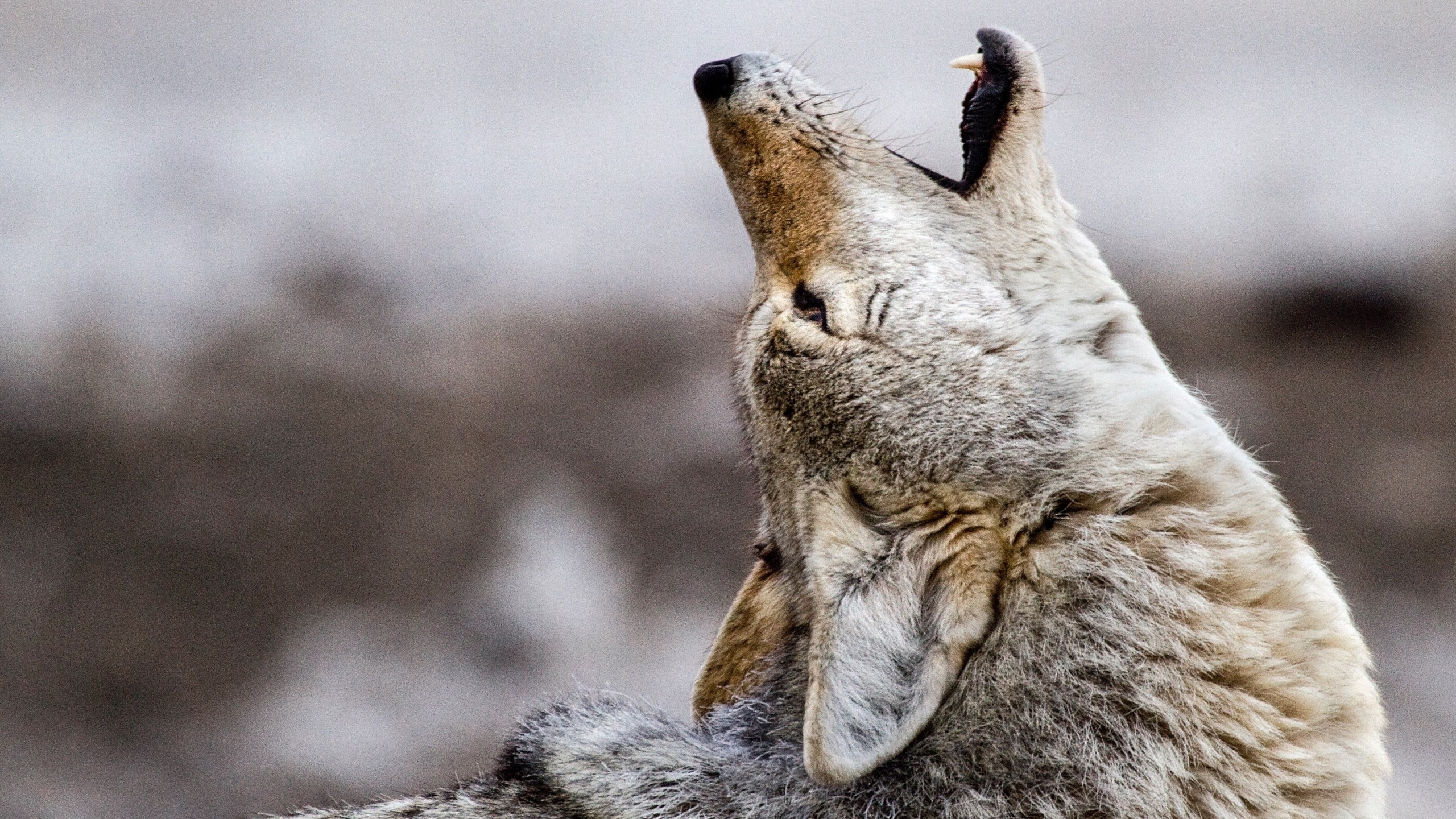Canidae
Canidae is a biological family of dog-like carnivorans. A member of this family is called a canid. There are three subfamilies found within the canid family, which are the extinct Borophaginae and Hesperocyoninae, and the extant Caninae. The Caninae are known as canines, and include domestic dogs, wolves, foxes, and other extant and extinct species. Canids are found on all continents except Antarctica, having arrived independently or accompanied human beings over extended periods of time. Canids vary in size from the 2-metre-long gray wolf to the 24-centimetre-long fennec fox. The body forms of canids are similar, typically having long muzzles, upright ears, teeth adapted for cracking bones and slicing flesh, long legs, and bushy tails. They are mostly social animals, living together in family units or small groups and behaving cooperatively. Typically, only the dominant pair in a group breeds, and a litter of young are reared annually in an underground den.
